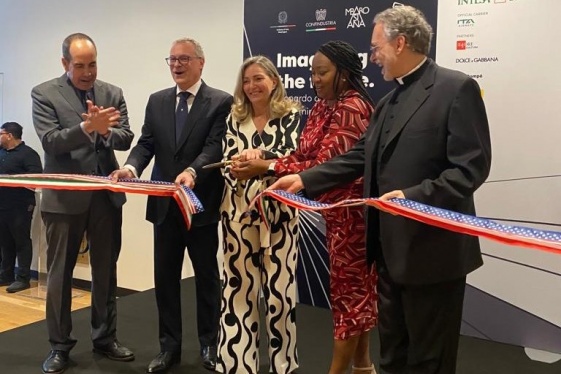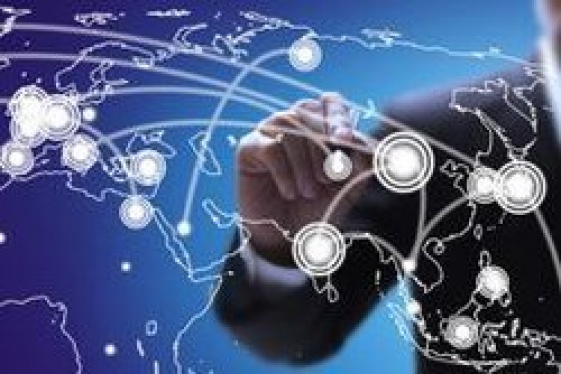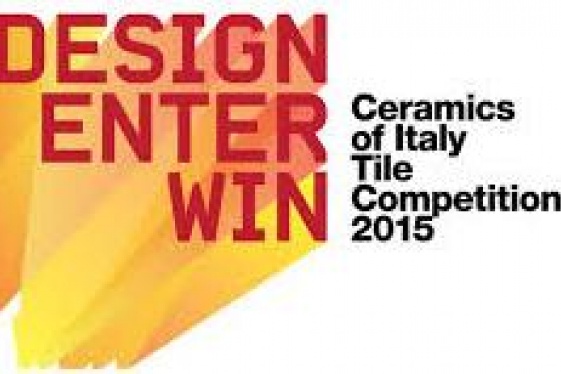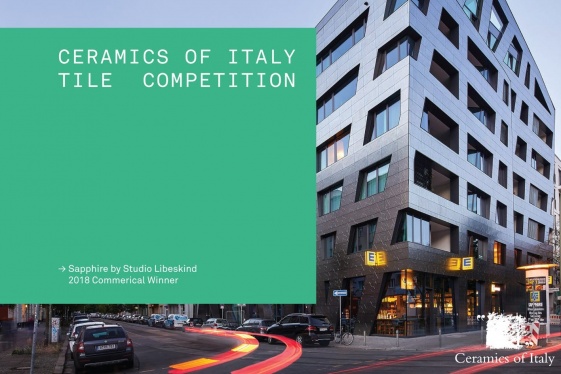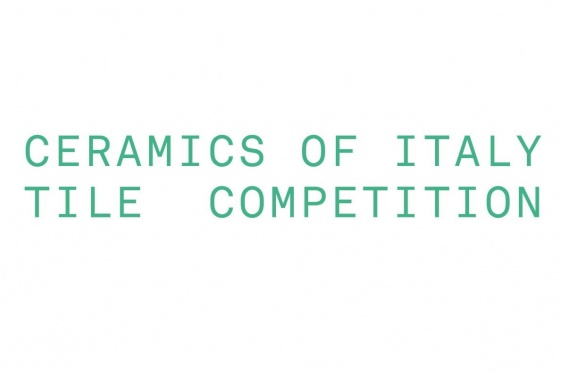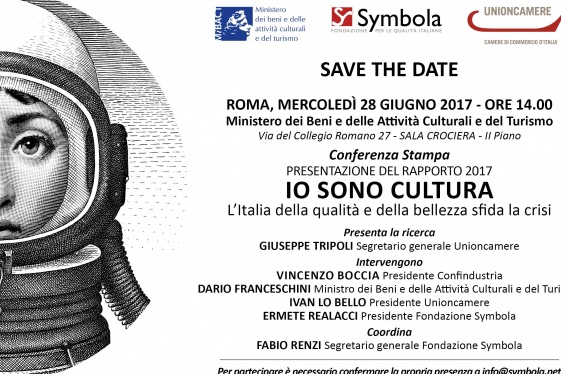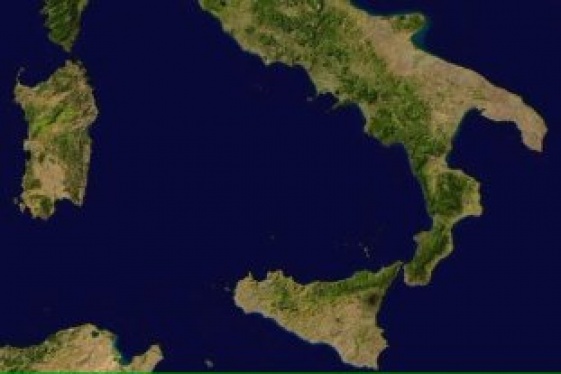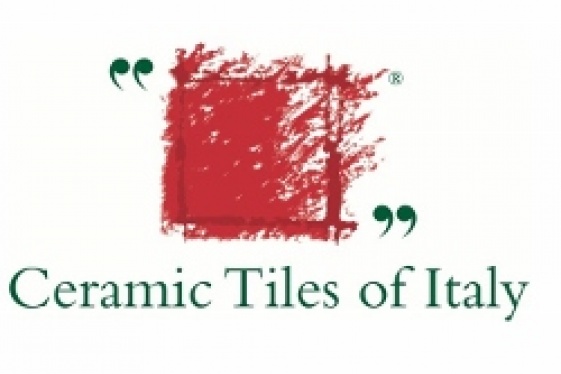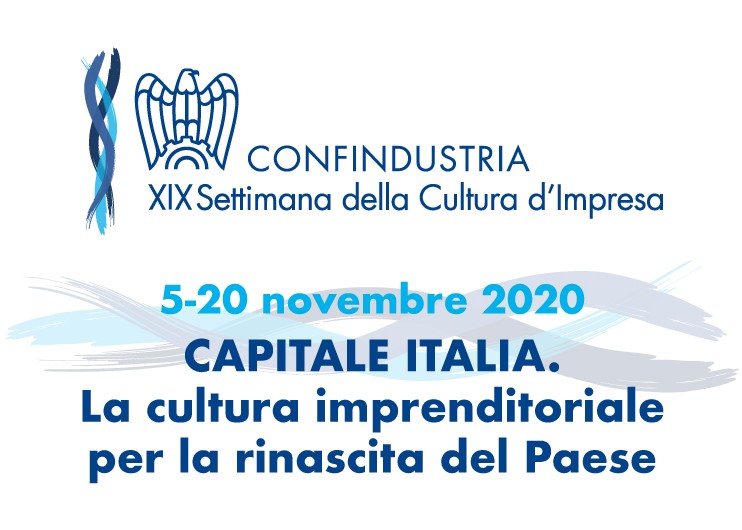

We publish this article, in its English translation, courtesy of the author and of the magazine HuffPost, which we thank, where it was published in the Italian version on November 10th.
In the social capital of Italy there is creativity and enterprise, a taste for discovery and a passion for "beautiful and well made", love for traditions and, at the same time, ambition for change. History and the future. Or, to hazard a synthesis of impact, "the future of memory". These are characteristics that well represent also a subject that is among the main protagonists of that social capital: the enterprise. And, closely connected, work.
"Capitale Italia” (Capital Italy) is the title of the new Business Culture Week, organized by Confindustria and Museimpresa and now in its 19th edition. "Capital" with an imaginative semantic game. "Italy as a single great capital, a reality that generates Made in Italy, our way of producing, unique in the world, where an impalpable content of culture and values is combined with the product", explains Maria Cristina Piovesana, vice-president of Confindustria, in charge for the themes of environment, sustainability and culture.
But also, precisely, as "social capital" at the disposal of Italy and Europe, to try to define and implement new paradigms of sustainable development: the strong lever of our "polytechnic culture" that, precisely in companies, knows how to build original syntheses of humanistic wisdom and scientific and technological knowledge, on which, precisely, our best competitiveness is based.
So, "Capital Italy" or "the entrepreneurial culture for the rebirth of the country", for this week that began a few days ago, on November 5 and will continue until November 20, a very long week, looking at the dates, even up to double, dense as it is of over 130 appointments including debates, webinars, digital tours of museums and business archives and long-distance dialogue with schools, including the one at the center of Pmi Day, the traditional day when small and medium enterprises meet students and professors, to discuss together the values of business and the fundamental importance of education, in an essential relationship between school and work. Again the "polytechnic culture", precisely.
This year, the Business Culture Week is full of special values. We are, in fact, still in the heart of a crisis marked by the painful and dramatic connections between the Covid-19 pandemic and the recession. And we see the emergence of all the social and economic fragilities of development mechanisms that are inattentive to the great themes of common goods: health and a health care that is not limited to treatment but is able to provide both prevention and effective intervention for emergencies; attention to the environment, knowing that "one cannot always remain healthy in a sick world", to use the words of Pope Francis; the commitment to reduce social inequalities and educational and cultural gaps.
We have lived under the illusion of unstoppable progress and a globalization that is always positive for all. We have exchanged the interests of free trade (obsessive free trade, which has rewarded only the strongest countries and opened the way to the most unscrupulous manoeuvres of financial speculation) with the values of fair trade, a system of production and exchange relations attentive to the needs of people, territories and market rules according to balanced international codes (the mechanisms of the WTO sent into crisis by trade wars, the asymmetric bullying of the largest, the failures of "America first" and Brexit, etc.).
And now it is time for a radical "paradigm shift" for a more "just", sustainable, circular, inclusive economy, in short a "civil economy", to take up the lesson of Antonio Genovesi, enlightened, essential cultural reference of the father of liberal economics, Adam Smith and, a couple of centuries later, of the master of liberalism with strong social veins, John Maynard Keynes.
The pandemic accelerates the necessary transformations. And rightly there is talk of "a new Bretton Woods", of a new season of international agreements such as those which, in the post-war period, guaranteed a long season of economic growth and prosperity.
These are political issues of great importance, of course. Challenges of global scope, to which the European Union finally shows a significant capacity to respond, with the Recovery Plan Next Generation, based on green economy and digital economy, environment and innovation, that is, with a focus on knowledge, science, school and long-term training. And, of course, challenges that right here in Italy sees companies in the foreground, as key players in sustainable development projects and initiatives.
"The enterprise is the pivot of the relaunch on the territory, the pivotal subject of a community, the point of reference for growth and to guarantee social peace, a very important factor, especially in this period", Maria Cristina Piovesana says again. And it is up to companies, with their investments and their work, to make a strong contribution to finally get Italy out of the long crisis of productivity (even below zero, according to the latest Istat data on 2019, after twenty years of stagnation, while the other EU countries have grown on average by 1.6%) and therefore from the swamp of the lack of economic and social growth.
Businesses are, in fact, marked by innovation, wealth, widespread welfare and social inclusion. Competitiveness and solidarity. A fundamental engine, therefore, of positive change. And their values, fair competition in the areas of legality, the market, the reward for merit, productivity to grow, with positive effects on wages, the taste for "doing, and doing well", to build better balances are today fundamental elements not only of economic growth, but also of better civil structures. Business culture, therefore, as the leaven of new social balances.
Italy has always shown a sophisticated capacity for resilience. From the crises (the recession after the boom of the 1950s, the oil crisis of 1973 and the "lead years", the illusions of the 1980s, the drama of 1992 between bribes, Mafia bombs and the collapse of the value of the lira, the financial disaster of 2008) it has always recovered and rebuilt itself, albeit laboriously. We will succeed this time too, thanks to that "polytechnic culture" we have talked about and to the ability to concretely bring to life an "industrial humanism" in which the roots of know-how strengthen the enterprising ambition towards a better future.
From the records of the past preserved thanks to the commitment of companies and archives and museums, it is now necessary to grasp the keys to overcome this umpteenth challenge, aware that it is unthinkable to be innovative without innovating and vice versa in times of crisis and difficulty. Our corporate culture, in short, tells us how we keep together knowledge, technologies, personal and social values, productivity. Fundamental dimensions, in times of crisis. The cornerstones of our best social capital.
You may be interested
-
“Imagining the future. Leonardo da Vinci: in...
Inaugurated yesterday in the presence of Italian Ambassador to the United States Mariangel...
-
“Italy for businesses” takes off: three desks...
The first three “Italian desks” of the ten planned to attract foreign investments to Italy...
-
2015 Ceramics of Italy Tile Competition
Confindustria Ceramica (the Italian Association of Ceramics) and the Italian Trade Commiss...
-
2020 Ceramics of Italy Tile Competition Now A...
Confindustria Ceramica (the Italian Association of Ceramics) and the Italian Trade Agency...
-
2021 Ceramics of Italy Tile Competition Now A...
Confindustria Ceramica (the Italian Association of Ceramics) and the Italian Trade Agency...
-
89,9 miliardi: cultura motore dell'Italia e d...
La cultura è uno dei motori trainanti dell’economia italiana, uno dei fattori che più alim...
-
A Confindustria report sees signs of recovery...
There are signs of a recovery. Even in the underdeveloped Mezzogiorno (Southern Italy) the...
-
A New York la prossima tappa di Ceramics of I...
Dal 14 al 17 maggio 2016 Ceramics of Italy sarà presente ancora una volta con un padiglion...



